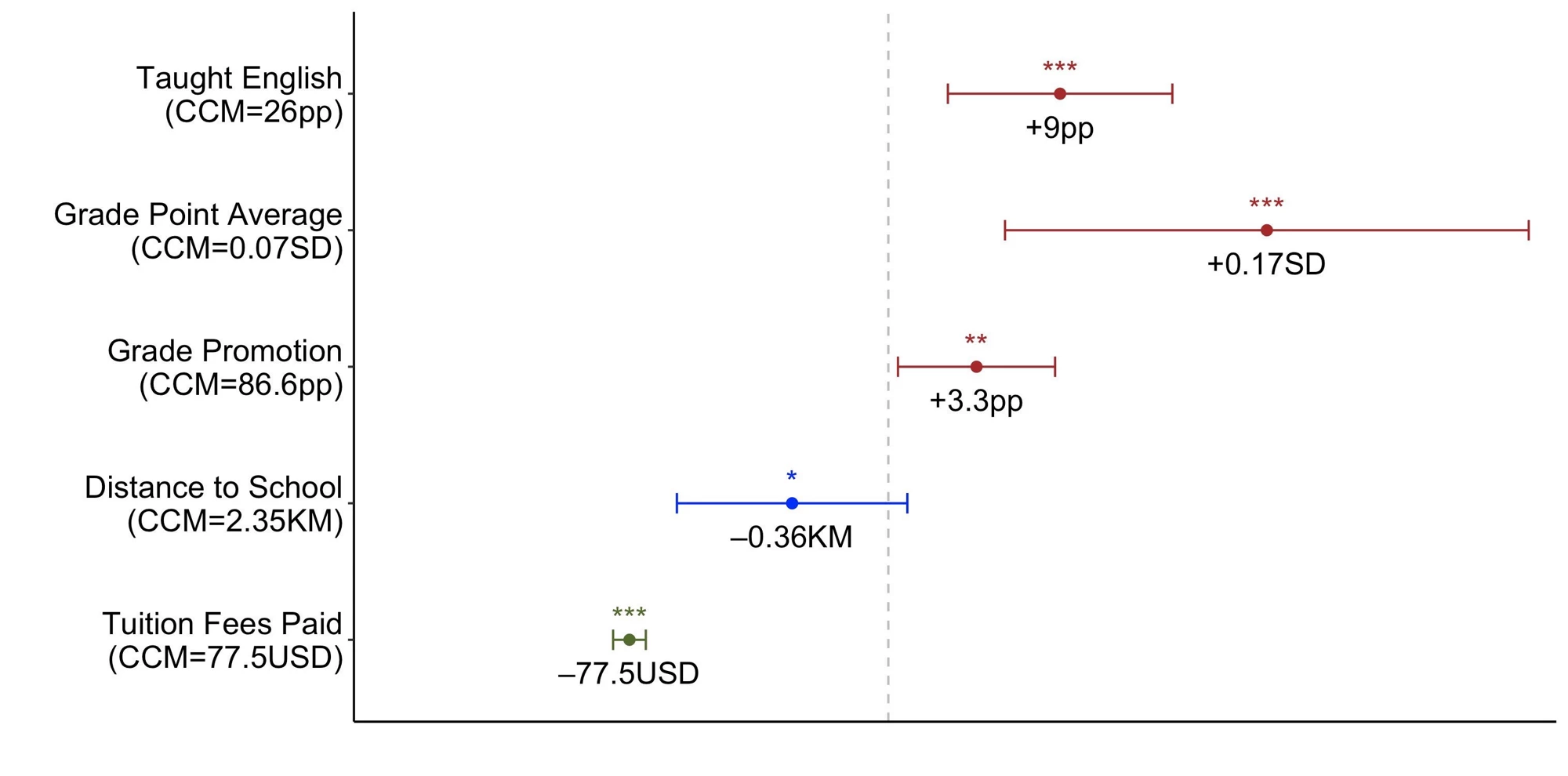
In high-income countries, entrepreneurs routinely accept electronic payments from customers and make electronic payments to suppliers, tax authorities and others. But in developing countries, where more than a third of adults report being self-employed, digital payments are an underdeveloped business tool – one that can provide significant benefits to both entrepreneurs as well as society by bringing more people into the formal financial system. With the rapid growth of mobile phone ownership to facilitate digital payments in the developing world, shifting from cash to digital payments offers high potential payoffs for entrepreneurs worldwide. A new report shows how digital payments can benefit entrepreneurs.
Increased Efficiency, Higher Profits
The benefits of digital payments are numerous, whether for a small-scale fruit seller or a large-scale factory manager. When an entrepreneur can easily track his or her daily sales through digital payments, that person can better manage inventories and improve profit margins. Participating in e-commerce through digital payments can also broaden an entrepreneur’s client base and visibility, allowing their business to grow beyond a subsistence undertaking.
For large-scale entrepreneurs, digital applications like e-filing and e-payment of license fees can lower the high costs of tax compliance in developing countries. This can also encourage formalization of businesses and create a larger tax base for governments. Moreover, by making electronic wage deposits to employees into an account, entrepreneurs can ensure the accuracy and security of their workers’ payments, benefiting both employers and employees.
Empowering Women Entrepreneurs
Women, in particular, can benefit from digital payments. Social norms and family responsibilities, for example, often prevent women from traveling to distant suppliers or bank branches. Digital payments give women better access to the marketplace – no need, for example, to travel far to deposit money – lowering these barriers to mobility. Similarly, social norms also can limit a female entrepreneur’s control over her earnings. But electronic payments ensure a woman’s money is private and secure, making it less likely that family members or others will demand a portion of the cash. Studies show that the entire household benefits when income is left in the hands of women instead of men: Women invest more in nutrition and child health.
Society Wins: Fewer Unbanked People, Improved Access to Credit
Digital payments benefit not only individuals, but also society as a whole, by bringing more people into the formal financial system through account ownership. Globally, more than 2 billion adults remain unbanked, including almost a quarter of self-employed adults in developing countries. Electronic merchant payment systems give business owners a strong incentive to conduct regular formal financial transactions, thereby increasing financial transparency and reducing corruption in the form of bribes and other illicit activities. Furthermore, electronic wage payments also create the opportunity to embed workers in a system of automatic deposits, scheduled text reminders to save money, and positive default options that also help them save. Studies show these “nudges” have a positive effect on financial and nonfinancial behaviors.
In addition, digital payments can expand access to credit. Half of all firms around the world need a loan, but only 35 percent have a bank loan or line of credit (Figure 1). Small-scale, low-income entrepreneurs, in particular, often lack access to formal credit because of high interest rates and stiff collateral requirements. Electronic payments can help entrepreneurs overcome these barriers by automatically creating a qualifying credit score for someone to start or grow his or her business. In the United States, the inclusion of utility and telecom payment histories significantly reduced the share of adults who were “unscorable,” particularly within low-income and minority communities. Taken to a developing country, this practice could dramatically expand access to credit, particularly for vulnerable groups such as women and the poor.
Figure 1: Percentage of Small and Medium Enterprises with a Loan or Line of Credit

The Challenges
Despite the benefits of digital payments, persistent challenges prevent their successful adoption in developing nations. Infrastructure issues such as spotty mobile network coverage and electricity outages – particularly in rural areas – mean that digital payments do not always work. Moreover, digital payment systems usually require official government identification to register. In developing countries, however, much of the population lacks formal identification or chooses to operate informally, especially small business owners.
Finally, the introduction of digital payments is only successful if there is sufficient interest from both the entrepreneur and the customer. Some businesses are experimenting with loyalty programs and reward schemes, which have been used successfully by credit card providers, airlines, and other enterprises. But without a large number of entrepreneurs who accept the product, customers will not be interested in signing up. And without a large number of customers who want to use digital payments, entrepreneurs will not be interested in accepting them.
Bridging the Gap: Lessons for Policymakers and Financial Institutions
Public and private sector actors have an important role to play to encourage the use of digital payments and improve access to the formal financial system. A suitable regulatory environment, an appropriate financial consumer protection framework, and robust digital networks are all vital components of a well-functioning digital payments system. To accomplish these goals, governments can reform their banking and telecom policies to support digital financial services. Banks and financial service providers, for their part, should develop products that respond to the needs of small-scale entrepreneurs, especially those in rural areas. Together, the public and private sectors can improve the ecosystem for digital payments, and expand opportunities for entrepreneurs.
To read the complete report click here.
Follow World Bank Jobs Group on Twitter @wbg_jobs


Join the Conversation